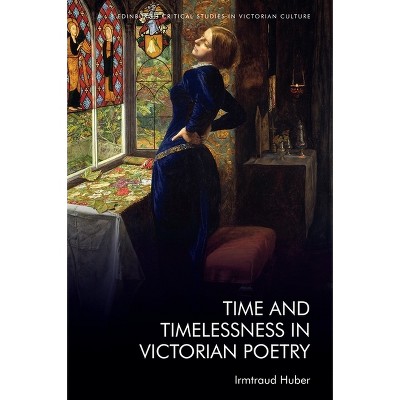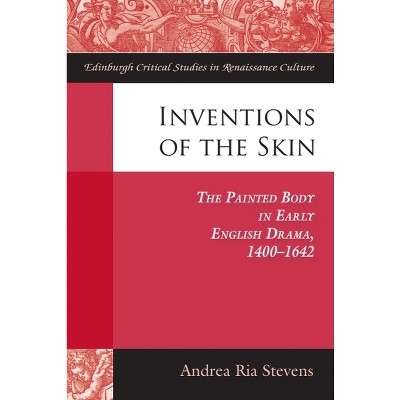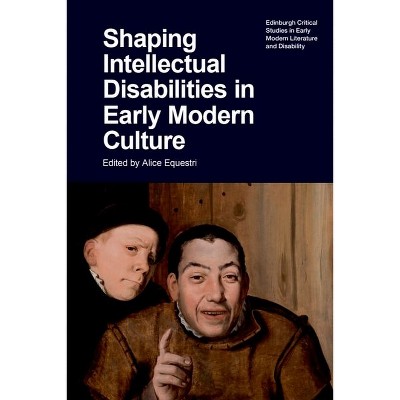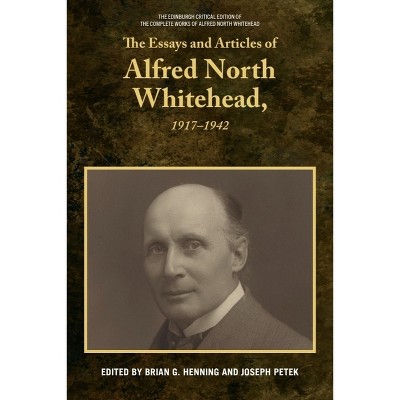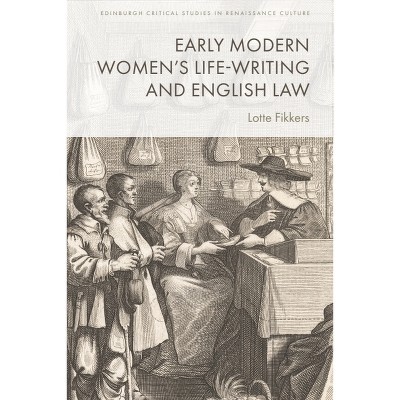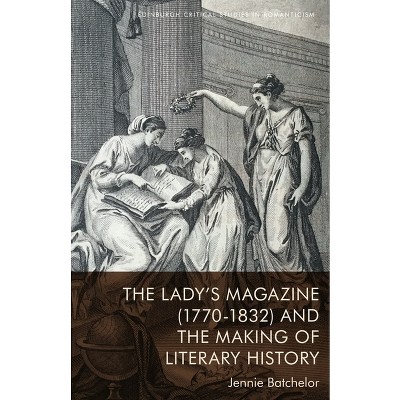Nietzsche's Beyond Good and Evil - (Edinburgh Critical Guides to Nietzsche) by Daniel Conway

About this item
Highlights
- Daniel Conway guides you through one of the most clearly developed statements of Nietzsche's mature philosophy, section by section.
- About the Author: Daniel Conway is Professor of Philosophy and Humanities, Affiliate Professor of Film Studies and Religious Studies, and Courtesy Professor in the School of Law and the Bush School of Government and Public Service at Texas A&M University.
- 264 Pages
- Philosophy, Good & Evil
- Series Name: Edinburgh Critical Guides to Nietzsche
Description
About the Book
Guides you through one of the most clearly developed statements of Nietzsche's mature philosophy, section by section.Book Synopsis
Daniel Conway guides you through one of the most clearly developed statements of Nietzsche's mature philosophy, section by section. Adopting an interpretative approach throughout, Daniel Conway treats Beyond Good and Evil as a coherent, unified and carefully crafted complete text. When treated this way, the text reveals itself as a guide to the education that Nietzsche prescribes for his best readers, at the brink of the new post-moral era. Conway makes sense of the overarching aims and structure of the book at the same time as providing a broader context for the arguments Nietzsche makes and the positions he stakes out. Requiring no prior knowledge of the text or of Nietzsche, he guides you through the text with the reward of a more developed reading of the distinctly political agenda that emerges in the second half.From the Back Cover
A guide to one of the most clearly developed statements of Nietzsche's mature philosophy Adopting an interpretative approach throughout, Daniel Conway treats this text as a coherent, unified and carefully crafted complete text. When treated this way, Beyond Good and Evil reveals itself as a guide to the education that Nietzsche prescribes for his best readers, at the brink of the new, post-moral era. Conway makes sense of the overarching aims and structure of the book at the same time as providing a broader context for the arguments Nietzsche makes, and positions he stakes out. Requiring no prior knowledge of the text or of Nietzsche, he guides you through the text with the reward of a more developed reading of the distinctly political agenda that emerges in the second half of Beyond Good and Evil. Daniel Conway is Professor of Philosophy and Humanities, Affiliate Professor of Film Studies and Religious Studies, and Courtesy Professor in the School of Law and the Bush School of Government and Public Service at Texas A&M University (USA).Review Quotes
Daniel Conway's study of Beyond Good and Evil is a notable example of how contemporary academic commentators can address a specialized, academic audience while also reaching out to the 'free spirits' of a much wider, global readership--Paul Bishop, University of Glasgow "Filozofia"
Daniel Conway's Nietzsche's Beyond Good and Evil is an extremely helpful, admirably erudite and deeply persuasive commentary on Nietzsche's book. He takes more seriously than anyone known to me Nietzsche's professed intention to help his readers become the kind of readers that his Thus Spoke Zarathustra needed but lacked, and thereby to prepare them to live some day in the distant future in a world beyond the polarity of good and evil. He thus introduces the topic of what it is for a philosophy to change a life, and he follows that theme brilliantly throughout his book.
--Robert Pippin, University of ChicagoAbout the Author
Daniel Conway is Professor of Philosophy and Humanities, Affiliate Professor of Film Studies and Religious Studies, and Courtesy Professor in the School of Law and the Bush School of Government and Public Service at Texas A&M University. He is the author of Nietzsche and the Political (Routledge, 1997), Nietzsche's Dangerous Game: Philosophy in the Twilight of the Idols (Cambridge University Press, 1997, 2002) and Nietzsche's On the Genealogy of Morals: A Reader's Guide (Bloomsbury, 2008). He is the co-editor of The Political of Irony: Essays in Self-Betrayal (St Martin's Press, 1992), Nietzsche: Critical Assessments of Leading Philosophers Volume I, Volume II, Volume III, Volume IV (Routledge, 1998), Nietzsche Philosophy and the Arts (Cambridge University Press, 1998), Søren Kierkegaard: Critical Assessments of Leading Philosophers, Volume I, II, III, IV (Routledge, 2002), The History of Continental Philosophy, Volume II (Acumen and the University of Chicago Press, 2010), Kierkegaard's Fear and Trembling: A Critical Guide (Cambridge University Press, 2015) and Nietzsche and the Antichrist: Religion, Politics and Culture in Late Modernity (Bloomsbury, 2019).
Shipping details
Return details
Trending Poetry






